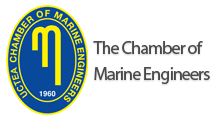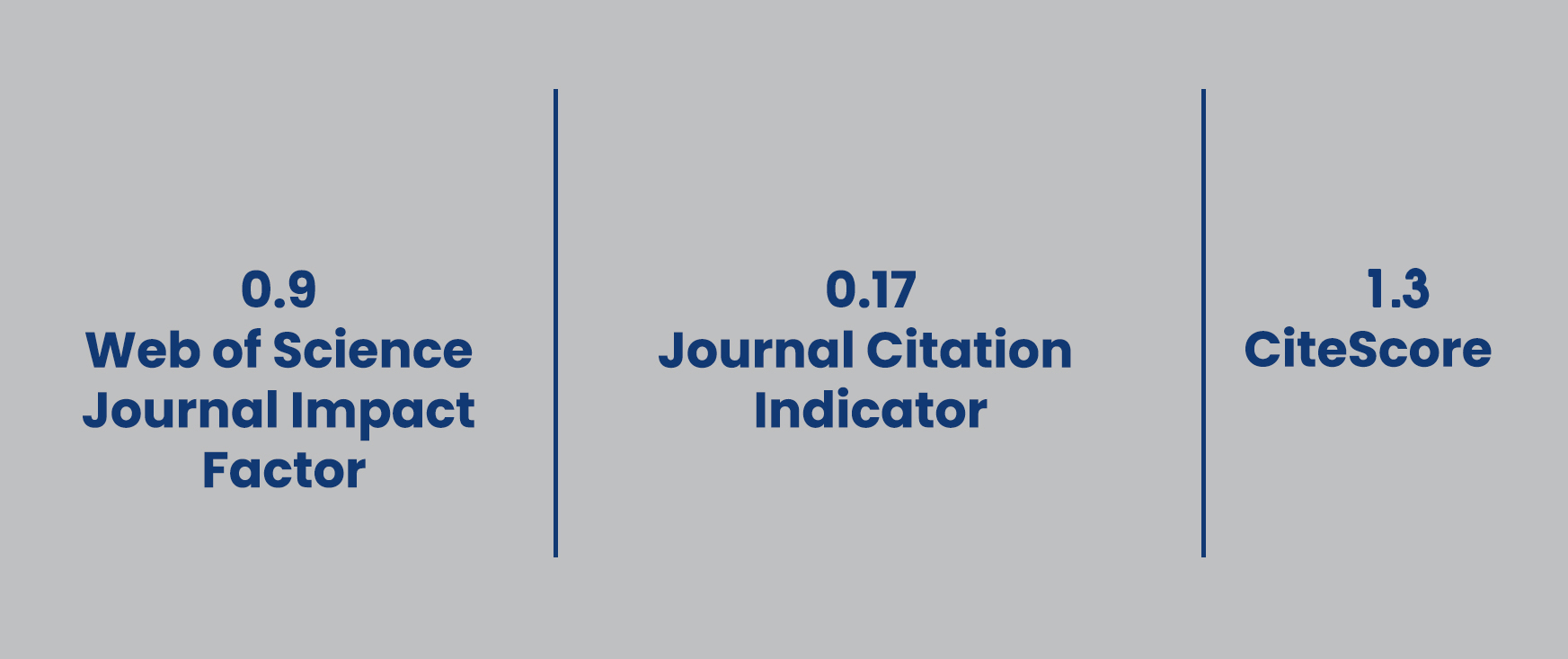

JEMS apply the Creative Commons Attribution NonCommercial 4.0 International Licence to all manuscripts to be published
Frustration-Aggression-Theory Approach Assessment of sea Piracy and Armed Robbery in Nigerian Industrial Trawler Fishery Sub-Sector of the Blue Economy
THEOPHILUS NWOKEDI1, Chigozie Uzoma Odumodu2, Julius Anyanwu3, Declan Dike11Federal University of technology, owerri, Nigeria2Graduate School, University Of Strathclyde, 16 Richmond Street Glasgow G1 1xq, Uk
3Department Of Maritime Transport And Logistics, Nigeria Maritime University, Okerenkoko,
The study analyzed the economic cost of output losses as a result of death and injury occasioned by maritime piracy and armed robbery in the ocean trawler fishery sub-sector of Nigeria and the global maritime industry; as economic justification and catalyst for public-private-partnership in reversing the trend of frustration induced aggression of piracy, against the maritime industry in the Atlantic coast of West Africa and Nigeria, through investment in human capital development, youth employment, poverty eradication and community development programmes in the coastal communities of Nigeria. It employed historical design approach where secondary data was obtained and analyzed using the Gross Output Model and the empirical probability model to determine the output losses due to death and injuries to human capital occasioned by pirate attacks in the maritime industry. The empirical probabilities of risks of death, injury, kidnap for ransom, assault, missing of crew, hostage taking of crew and threats of death were also determined. An estimation model was developed for estimating output losses due to death, injury, etc; based on the relationship between the empirical probability coefficients of each risk type, the per capital output of the economy and the number of maritime workers exposed to pirate attacks over a given period in any economy. Public-private participation in development of coastal communities, youth employment, poverty eradication and youth entrepreneurial development programmes was recommended as long-term solution to frustration induced violence of pirate attacks in Nigeria and the Atlantic coast of West Africa.
Keywords: Frustration-aggression, piracy-and-armed-robbery, trawler-fishery, blue-economy.Manuscript Language: English
(1820 downloaded)










